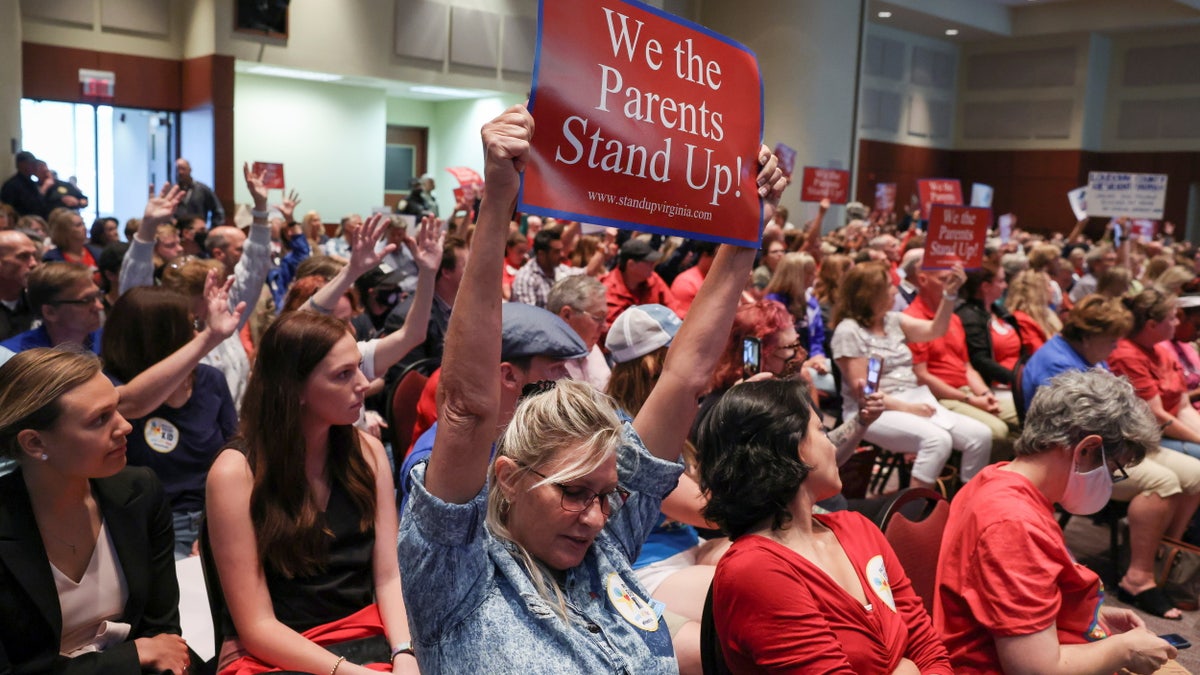The latest Nation's Report Card paints a grim picture of American education, revealing a significant decline in student performance, particularly in reading. A staggering seven out of ten fourth graders are not proficient readers, a troubling statistic that has worsened since the previous assessment and remains largely unchanged over the past three decades.
This literacy crisis impacts students of all ages, with less than a third of eighth graders possessing the necessary reading skills for high school success. The consequences are far-reaching: without foundational literacy skills, students struggle across all subjects, fall further behind, and face diminished opportunities throughout their lives. Alarmingly, the most vulnerable students, those already facing academic challenges, have experienced the steepest decline in reading scores, dropping a shocking 19 points in the last decade.

These declining scores are not solely attributable to the pandemic, as some in the education establishment suggest. While school closures undoubtedly exacerbated the issue, the downward trend predates COVID-19, highlighting a systemic failure within the U.S. Department of Education. Despite a trillion dollars in spending, the department has failed to close achievement gaps, which have, in fact, widened to unprecedented levels.




A fundamental shift is needed, prioritizing students over bureaucracy and empowering parents with school choice. This involves redirecting education funding directly to states and enabling families to select the best educational environment for their children. Education freedom has demonstrated positive outcomes in student achievement and parental satisfaction, aligning with the message voters sent in recent elections: a desire for greater parental and state control over education.
Comments(0)
Top Comments